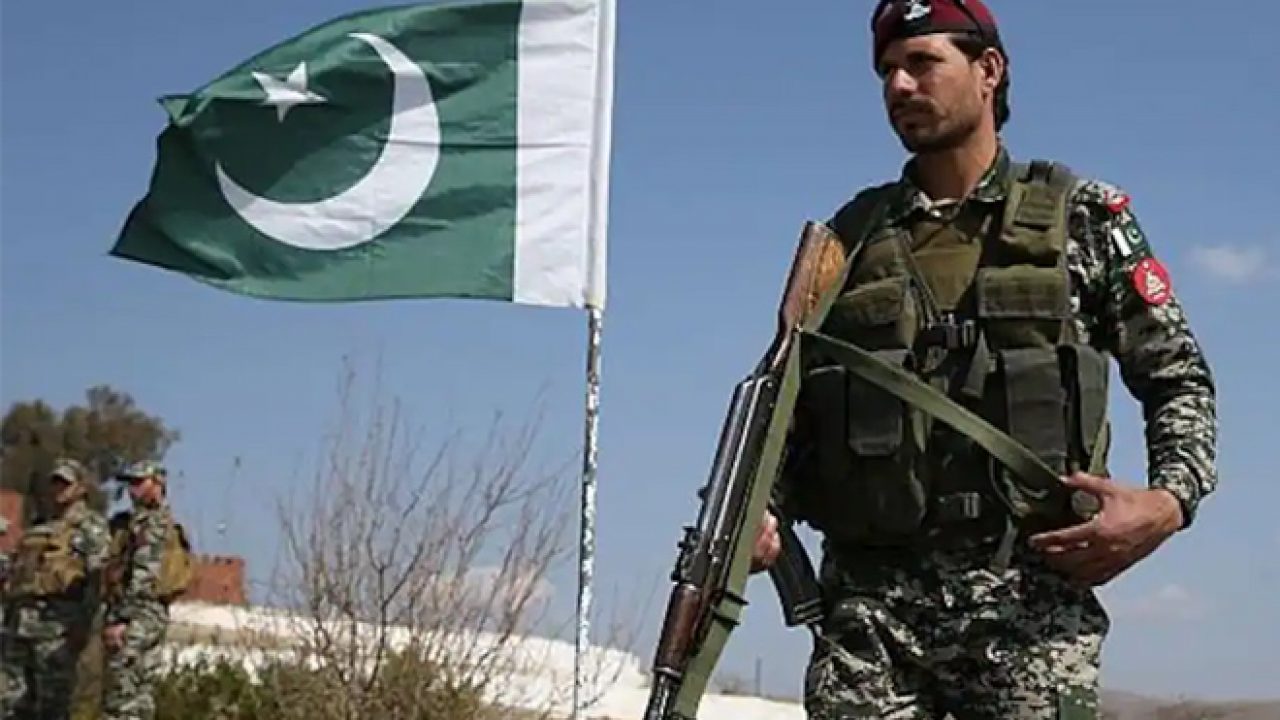14 August 1947, A new nation emerged on the globe called Pakistan, after bloodshed of almost one million Indians, Pakistan was carved out from erstwhile Hindustan by British on the popular demand of Muslim League based on two nation theory. Pakistan is a country with immense potential, but unfortunately, its progress has been hindered by various factors. One of the most significant factors is the interference of the Pakistani Army in the country’s political and economic affairs. The Army’s involvement in Pakistan’s affairs has had a devastating impact on the country, leaving it in shambles. Since the country’s inception in 1947, Pakistan’s Army has played a dominant role in its political landscape. The Army has not only ruled the country directly but has also influenced the policies of civilian governments. The Army’s interference in civilian affairs has created a power imbalance, leading to a weakened democratic structure, which has ultimately hindered the country’s progress. Military coups are a common phenomenon in Pakistan and military has ruled Pakistan for 34 years directly, that is for almost half of its existence and remaining time from behind the curtains.
This prolonged military rule has damaged the country’s democratic institutions and resulted in political instability. During military rule, Pakistan’s economy has also suffered, with development projects taking a backseat to military spending. One of the biggest examples is of 1965 war, before this war Pakistan’s economy was doing very well, per capita income was more than that of India, foreign investments were relatively high
The Army’s involvement in the country’s affairs has also led to the suppression of free speech and the press. The media in Pakistan has been censored, and journalists have been harassed and even killed for speaking out against the Army. This has led to a lack of accountability, with the Army being able to act with impunity.
Furthermore, the Army’s involvement in Pakistan’s foreign policy has also been disastrous. Its policy of supporting militant groups as a tool of foreign policy has led to a rise in extremism and terrorism within Pakistan. The Army has also been accused of providing safe havens to militants who carry out attacks in neighbouring countries, which has further damaged Pakistan’s reputation.
The Army’s involvement in Pakistan’s economic affairs has also been detrimental. The Army has a significant presence in the country’s economy, with its own business empire, which has been accused of stifling competition and hampering the growth of private enterprise. This has resulted in a lack of foreign investment and economic stagnation.
It is important to note that corruption is a systemic problem that plagues many institutions in Pakistan, including the armed forces. There have been number of instances where army officials have been involved in embezzlement and other forms of financial misconduct. One such example is the National Logistics Cell (NLC) corruption scandal, where several senior army officials were implicated in a multi-billion rupee corruption case involving the procurement of goods and services for the military.
The problem of corruption in the army extends beyond financial misconduct. There have been allegations of human rights violations, including extrajudicial killings, torture, and enforced disappearances, committed by the army against civilians in conflict areas such as Balochistan and the Federally Administered Tribal Areas (FATA). These allegations have been documented by human rights organizations such as Amnesty International and Human Rights Watch, and have been the subject of scrutiny by the international community.
The issue of a corrupt Pakistan Army is not just a moral and ethical concern, but it also has significant implications for the country’s security and stability. Corruption within the army has eroded public trust in the institution, undermine its effectiveness, and weaken the state’s ability to respond to security threats. Furthermore, corruption and human rights violations committed by the army can fuel resentment and anti-state sentiment among marginalized communities, potentially exacerbating internal security challenges.
Pakistani Army’s interference in the country’s affairs has had a devastating impact on Pakistan’s progress. Its prolonged military rule, suppression of free speech and the press, support of militant groups, and interference in the economy have all contributed to the country’s downfall.

